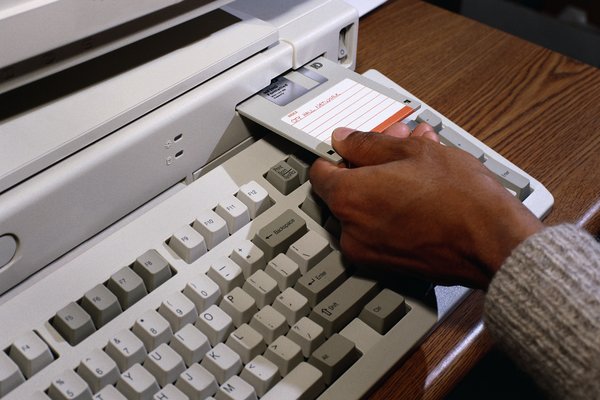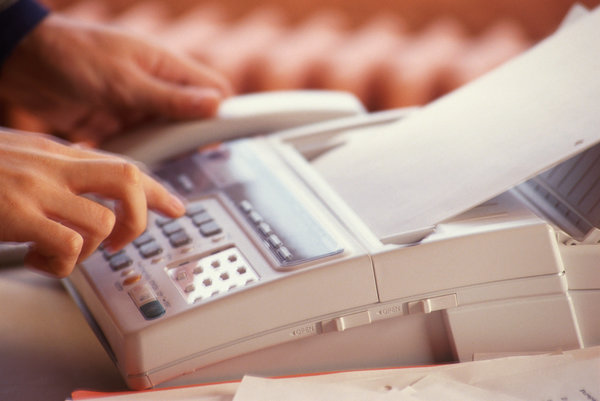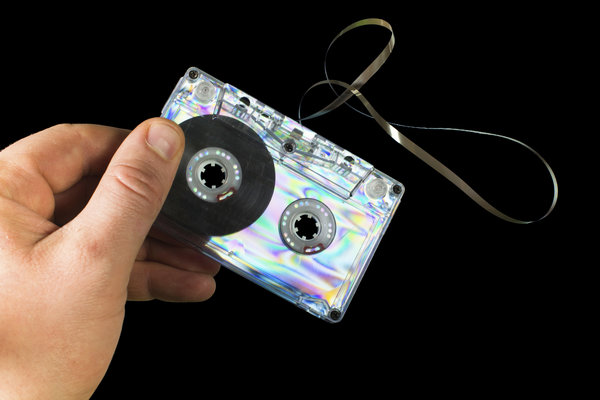Technology is ever-changing, often fulfilling a temporary purpose before evolving into something better or simply growing obsolete. Ironically, there are still plenty of outdated technologies, such as fax machines and landline phones, which are still being produced and used worldwide despite better digital alternatives. Let’s take a look at 10 technologies that should be obsolete by now, but still manage to cling to our lives.
Floppy disks
While most of us have not used a floppy disk since the early ‘90s, the White House is a different story. According to a profile of Obama’s top tech advisor Megan J. Smith, the administration still partly runs on the storage device developed in the 1960s.
Floppy disks are also used at the U.S. Air Force nuclear missile facilities in Wyoming. In 2014, “60 Minutes” found that land-based nuclear missiles at the facility are operated by archaic computers using large 8-inch floppy disks.

Voting machines
Voting machines in the U.S. are very outdated and expensive, costing upward to $6,000. They are prone to breaking, often causing long lines at the polls with irritated people who turn away from voting.
Congress provided states with $2 billion to upgrade machines, but that money was used over a decade ago. Meanwhile, in India, there are effective voting machines that are the size of a briefcase and cost $175.
Typewriters
With the development of tablets and smartphones, typewriters seem a bit ancient, but people still buy and use them. In 2009, the New York City Police Department made headlines when it spent $1 million on typewriters for continuous use of multipart carbon forms for processing evidence.
Fax machines
Despite advancements in Internet fax services and the availability of cheaper scanners, fax machines remain popular. The office machine of the 1980s continues to attract realtors, lawyers, insurance companies, and others that may pride on the authenticity of signed documents with an ink-based signature on them.
“Their endurance is in part a testament to the failure of digital signatures that would allow us to e-mail certified copies of contracts and similar documents,” says NPD Group analyst Ross Rubin. “As with electronic voting machines, there remains a level of societal skepticism over the viability of digitally certified documents.”

Landline telephones
For many of us, smartphones or even basic cell phones have taken precedence over landline phones that were the rave in the late 1800’s. Many are canceling their home phone service because it is rarely used. However, others fear that mobile E911 emergency services aren’t as reliable as calling from a trusted wall-mounted phone. Another place we’re likely not to see these subjectively obsolete devices stray away from is offices, where they remain an important mode of internal communication.
Cash registers
Although computerized point-of-sale systems have emerged that have the ability to automatically track inventory, identify top-selling products, and simplify back-end accounting, many businesses still use the basic cash register that was invented over a century ago primarily because it’s cheaper. Computers with point-of-sale software are often expensive, which is why retailers rely on a basic registers that have the ability to do third-grade math.
Instant cameras
Similarly to the enforcement field that refuses to let go of typewriters, many photographers prefer analog cameras because of the quality of the images they produce. The admired Polaroid Instant Photo is making a comeback and cameras, like the Polaroid PIC 300, are still popular and use instant film.
Audiocassette tapes
With a booming vinyl market, it’s no surprise that many customers were raised in a generation that relied on CDs and MP3 players. What you may be surprised to find out is that for some supplies, audiocassette tapes are selling better than ever.
The National Audio Company, one the largest and few remaining audiocassette manufacturers, revealed that 2015 was a banner year for the company.
“Now, we're making more audiocassettes than we've ever made, and that's something to say,” NAC president Steve Stepp said.

Beepers
While cells phones have brought beepers and pagers to near extinction, the medical industry still relies on these tiny devices. Many doctors and nurses carry beepers, because the cost of supplying smartphones to staff and securing cell service on hospital campuses is ridiculously expensive.
And because these devices don’t rely on rechargeable batteries or fussy cell networks with the potential to bust during an emergency, beepers remain the most secure form of communication among medics responding to crises.

Disc drives
CDs, DVDs, and Blu-rays remain widely used especially with services like Redbox. They’re likely to follow Zip disks and Click drives into the digital storage graveyard eventually, but as for now, they remain prevalent.
Source: PC World and Huffington Post
Advertisement
Learn more about Electronic Products Magazine





